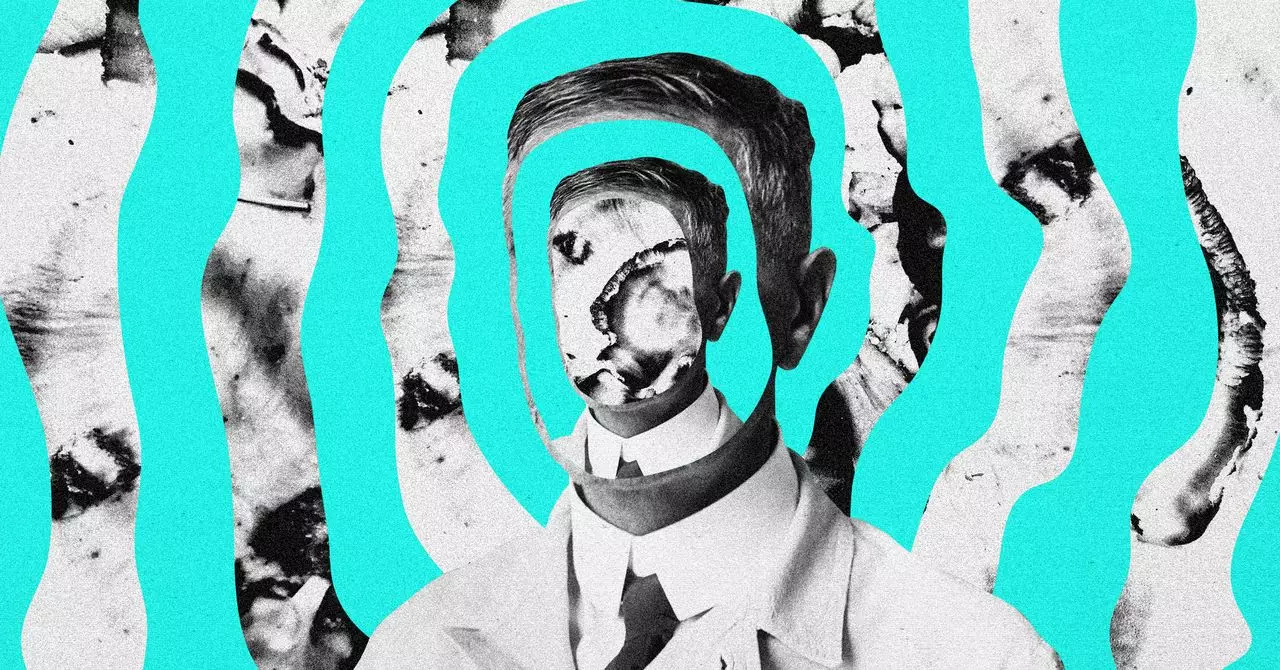The intersection of artificial intelligence and mental health treatment marks a pivotal shift in how we approach psychological well-being. Visionaries like Christian Angermayer see AI not just as a tool for administrative or data management purposes but as an active participant in therapeutic processes. The potential to supplement psychedelic therapy with AI-driven check-ins and motivational support offers promising avenues for enhanced patient care. These innovations suggest a future where therapy becomes more accessible, personalized, and continuous—breaking away from traditional limitations of episodic sessions.
Instead of replacing human therapists, AI is envisioned as a supportive assistant that can extend the therapeutic window between visits. Motivational check-ins or lifestyle support via AI may help patients reinforce insights gained during psychedelic experiences, preventing relapse and encouraging healthier habits. Such integration could lead to a more holistic and sustained approach to mental health, emphasizing self-awareness and personal growth outside clinical settings. This entails a significant paradigm shift: therapy becomes less about waiting for scheduled appointments and more about ongoing, accessible engagement.
The Limitations of AI: Recognizing the Risks of Relying on Machines for Deep Psychological Support
Despite these optimistic prospects, caution is necessary. AI, regardless of its sophistication, remains fundamentally limited in its ability to understand human emotion in its full depth. When it comes to psychedelic experiences—often unpredictable and deeply intense—the risk of misinterpretation or misguidance from a machine is substantial. No matter how well-designed, AI lacks genuine emotional attunement and cannot replace the nuanced, empathetic understanding that a trained human provides, especially during moments of crisis or profound psychological vulnerability.
Tales from online communities reveal unsettling episodes where AI interactions have contributed to psychosis or heightened distress, highlighting that these systems are not infallible. The danger lies in an over-reliance on AI to co-regulate a nervous system that only qualified human caregivers can truly support. The emotional and physiological complexities of psychedelic states demand sensitivity and responsiveness that surpass current AI capabilities. There exists a delicate balance—embracing AI as an adjunct without allowing it to usurp the essential human element in psychological care.
Personalized AI and Its Potential for Deep Self-Exploration
Innovators like Sam Suchin attempt to build AI tools that genuinely reflect the user’s internal landscape, moving beyond generic chatbot models. By tailoring the AI to analyze users’ historical data, emotional tone, and patterns of thought, the technology offers a mirror that fosters profound self-awareness. Users like Trey exemplify this potential—believing that such AI interactions help them confront their impulses, understand their emotions, and maintain change, such as abstaining from alcohol.
This approach signifies an intriguing shift in mental health tools: treating AI not merely as a digital assistant but as an extension of the user’s subconscious mind. It’s akin to creating a personalized therapist that constantly learns and adapts, offering insights rooted in individual experiences. While promising, this personalized AI raises questions about reliance, boundaries, and the depth to which a machine can truly understand a human psyche.
Ethical and Practical Challenges in Integrating AI into Psychedelic and Psychological Care
As AI becomes more embedded in mental health treatments, ethical considerations emerge. The deployment of AI in sensitive environments involving psychedelics, where perceptions and emotional states are heightened, must be carefully regulated. The possibility of AI reinforcing negative patterns, intentionally or unintentionally, necessitates robust oversight and fail-safes. It’s vital to ensure that users are not left vulnerable to harmful suggestions, especially when cognitive dissonance or intense emotional shifts are in play.
Furthermore, the role of human oversight remains indispensable. AI should complement, not replace, professional human care—particularly during moments of peak vulnerability. Policymakers, clinicians, and developers must collaborate to establish standards that maximize safety without stifling innovation. The challenge is designing AI systems that are both effective in fostering self-awareness and cautious enough to prevent harm, particularly in the unpredictable realm of psychedelic therapy.
The integration of AI into mental health treatments signifies a bold frontier filled with immense promise and peril. It has the potential to democratize access to therapeutic support, enhance self-understanding, and transform how we conceive mental wellness. Yet, the limitations and risks inherent in current AI technologies compel us to proceed thoughtfully—balancing innovation with responsibility, empathy with efficiency, and hope with prudence.


Leave a Reply